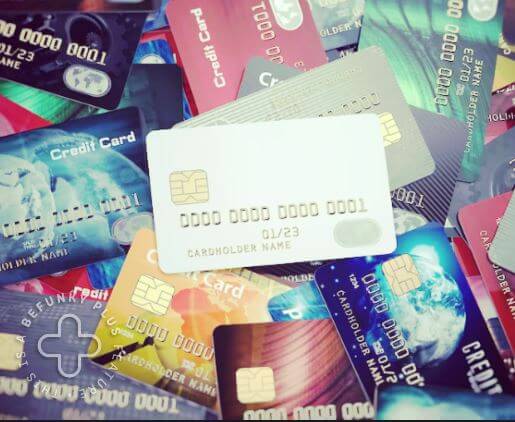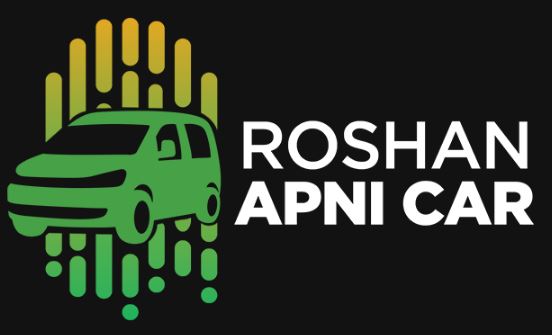What Is Cryptocurrency and How Does It Work?
What Is Cryptocurrency and How Does It Work? The term “cryptocurrency,” which has both sparked curiosity and controversy, has emerged as a significant player in the fields of technology and finance. In this article, we’ll dig into the essentials of cryptographic money, investigating what it is and the way that it works inside the advanced scene.
Figuring out Cryptographic money
At its center, digital money is a type of computerized or virtual cash that uses cryptography for secure monetary exchanges. Dissimilar to customary monetary standards gave by legislatures (like the US dollar or Euro), digital forms of money work on decentralized networks in light of blockchain innovation. This decentralization is a key trademark, as it eliminates the requirement for middle people like banks or legislatures to work with exchanges.
How Does Digital currency Function?
- Blockchain Technology: The underpinning of most digital currencies is blockchain innovation. A blockchain is a dispersed record that records all exchanges across an organization of PCs. Each block in the chain contains a bunch of exchanges, and once checked, it is added to the chain in a sequential request, making a straightforward and unchanging record, everything being equal.
- Decentralization: Cryptocurrencies use decentralized networks, in contrast to centralized banking systems that are managed by a single entity. This implies that no single substance has command over the money or the exchanges. All things being equal, exchanges are confirmed by network members through a cycle known as agreement systems, like evidence of work or confirmation of stake.
- Cryptographic Security: Cryptocurrencies control the creation of new units and rely on cryptographic methods to secure transactions. Public and confidential keys are utilized to encode and unscramble exchange information, guaranteeing that main the planned beneficiary can get to the assets. Also, the utilization of cryptographic hash capabilities makes it almost difficult to adjust exchange information whenever it has been recorded on the blockchain.
- Mining: Mining is the interaction by which new units of cryptographic money are made and exchanges are checked on the blockchain. Miners use powerful computers to solve intricate mathematical puzzles. When a puzzle is solved, a new block is added to the blockchain, and the miner is paid in cryptocurrency. This cycle makes new coins as well as assists with getting the organization by checking exchanges.
- Distributed Transactions: Digital currencies empower distributed exchanges, permitting clients to send and get reserves straightforwardly without the requirement for mediators. This makes traditional banking systems unnecessary and can speed up and save money on transactions, especially when it comes to cross-border payments.
Well known Digital currencies
- Bitcoin (BTC): Bitcoin is the first and most notable digital currency, made by an obscure individual or gathering involving the nom de plume Nakamoto in 2008. It works on a decentralized organization and has a restricted stockpile of 21 million coins, making it a deflationary resource.
- Ethereum (ETH): Ethereum is a decentralized stage that empowers brilliant agreements and decentralized applications (DApps) to be fabricated and worked with next to no free time, misrepresentation, control, or obstruction from an outsider. It presented the idea of programmable cash, permitting designers to make their own tokens and applications on its blockchain.
- XRP (Ripple): Swell is both a stage and a digital currency that empowers moment, minimal expense worldwide cash moves. It has gained popularity among banks and other financial institutions and is intended to facilitate quick, safe, and inexpensive cross-border payments.
- LTC (Litecoin): Litecoin is a distributed digital currency made by Charlie Lee in 2011. It is many times thought about the silver to Bitcoin’s gold and offers numerous similarities with Bitcoin however offers quicker exchange times and lower expenses.
Read also: https://accountsgala.com/financial-nirvana-top-5-countries-with-no-taxes/
Conclusion:
Digital currency addresses a progressive change in the manner we ponder cash and money. By utilizing blockchain innovation and cryptographic security, digital forms of money offer a decentralized, secure, and straightforward option in contrast to customary monetary standards and monetary frameworks. While the innovation is still somewhat new and developing, digital forms of money can possibly reshape the worldwide economy and enable people with more prominent independence from the rat race and control. As the reception of cryptographic forms of money keeps on developing, remaining educated and instructed about this quickly changing landscape is fundamental.







